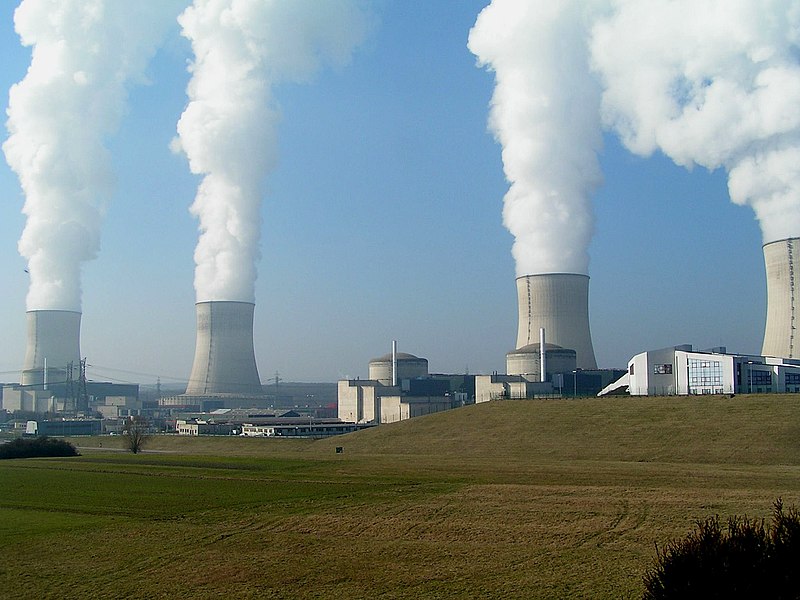
France is "far from ready" to construct six nuclear reactors, according to a report from the country’s top audit body, highlighting the difficulties of revitalizing its aging nuclear fleet.
In 2022, French President Emmanuel Macron unveiled a plan for state-owned utility EDF to build six European Pressurised Reactors (EPRs). Initially estimated at €51.7 billion ($52.73 billion), the cost was revised to €67.4 billion in 2023 due to rising raw material and engineering expenses.
EDF was expected to provide an updated cost estimate by the end of 2023 but has yet to do so. Although construction is slated to begin in 2027, the Court of Auditors warned that uncertain project financing has hindered the supply chain's preparation, posing significant risks to the project’s success.
France, which relies on nuclear power for around 70% of its electricity, faces the challenge of retiring many of its aging reactors. At the same time, it aims to position itself as a global leader in nuclear technology amid renewed international interest in the energy source. The government also seeks to showcase the efficiency of its new simplified reactor design, the EPR2.
While the revised budget remains lower than costs for recently completed nuclear projects, EDF hopes to achieve cost savings through the serial production of reactors. However, the audit report emphasized that uncertainties, particularly regarding financing, threaten the project's feasibility.
The government is reportedly considering offering EDF an interest-free loan to fund a significant portion of the construction, but the plan has not yet been finalized. "Delays and uncertainties...reduce the visibility needed by industry players to commit to projects of this scale and secure financing," the audit report stated. It also cautioned that "the accumulation of risks and constraints could lead to a failure of the EPR2 programme."
EDF has indicated that securing an investment framework with the government is a prerequisite for its final investment decision, which is expected in early 2026.
The audit body also expressed concerns about the "mediocre" profitability of the Flamanville EPR project, which cost an estimated €23.7 billion, including financing. EDF responded that the competitiveness of the EPR2 programme will partly depend on the financing agreement negotiated with the state and the European Commission.
The utility underscored the importance of finalizing a preliminary contract with the government to establish the financial framework before obtaining European Commission approval.
Meanwhile, EDF is grappling with a significant cost increase at the UK’s Hinkley Point nuclear plant, where it is now the sole investor following the 2023 withdrawal of its Chinese partner CGN. The company stated it must secure new investors for the UK's Sizewell C project before committing further financing. EDF reiterated that its participation in Sizewell C is contingent on several conditions, including limiting its stake to 20%. Photo by Stefan Kühn, Wikimedia commons.



































